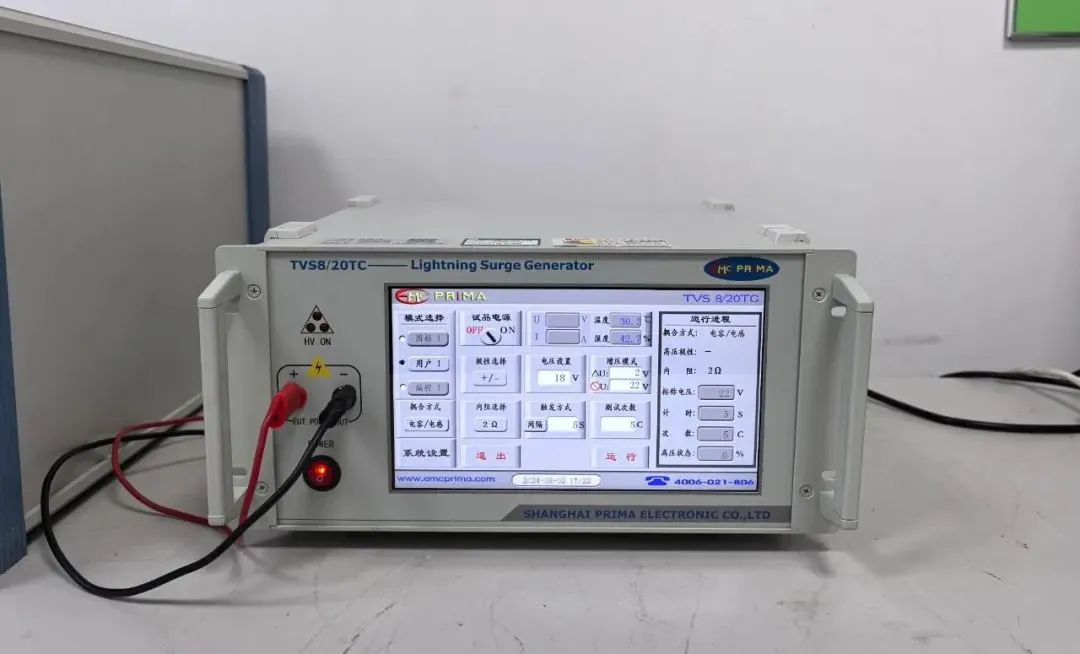
Differences Between GS Certification and CE Certification
gs certification Overview
GS Certificationis a widely recognized German safety certification mark used in the European market.
"GS" stands for Geprüfte Sicherheit, meaning "Tested Safety" in German. It is sometimes interpreted as "Germany Safety." This is a voluntary certificationbased on the German Product Safety Act (ProdSG), and products are tested according to harmonized European standards (EN) or German industrial standards (DIN).
The gs mark indicates that a product has passed safety testing by an independent and reputable certification body. While not legally requiRED, it provides strong assurance to consumers and holds manufacturers accountable under strict German and European product safety regULations in case of accidents or failures. This makes the GS mark a powerful marketing toolthat enhances customer trust and boosts sales potential.
Although it originates from Germany, GS certification is recognized across most European countries. Products certified with the GS mark often also meet the requirements for the CE mark, making it a valuable addition for manufacturers aiming for the EU market. Despite being voluntary, the GS mark is viewed as a mark of higher product reliability and can give a competitive edge, particularly for electrical appliances.
Common GS Certification Bodies
Several internationally recognized certification bodies are authorized to issue the GS mark, including:
1. TUV Rheinland (TUV RH)
2. TUV SUD
3. VDE
4. NEMKO
5. UL-DEMKO
Key Differences Between GS and CE certifications
1. Nature of Certification
CE certification is mandatoryfor products sold within the European Union that fall under specific directives. All such products must carry the CE mark.
In contrast, GS certification is voluntary, but products that obtain it are often more competitive in the European market.
2. Focus Areas
CE certification focuses on product safety and electromagnetic compatibility (EMC).
GS certification, on the other hand, concentrates more specifically on mechanical and electrical safety.
3. Legal Liability and Consumer Protection
The CE mark ensures that a product complies with relevant EU directives, and liability lies with the manufacturer or importer in case of non-compliance.
The GS mark adds an extra layer of safety assurance, and since it is issued by an independent, accredited body, it reinforces the manufacturer’s responsibility under German and EU product safety laws.
4. Recognition and Market Influence
CE is a legal requirementand must be affixed to all applicable products before entering the EU market.
GS is not required by law, but it is widely recognized and often preferred by consumers, especially in safety-sensitive product categories like electrical appliances.
5. Certification Process and Cost
① CE Certificationis relatively fast and affordable. Most certification bodies can issue ce certificates. The cost typically ranges from USD \$1,600 to \$4,000, and the process usually takes less than 10 working days. No factory audit is required.
② GS Certificationis more rigorous. Costs include testing fees, factory inspection fees, annual certificate maintenance fees, and possibly agent fees. Factory inspections are mandatory, and the entire process usually takes at least 6 to 8 weeks, sometimes longer.
Email:hello@jjrlab.com
Write your message here and send it to us
 How to get Australia’s Cybersecurity Standard EN 3
How to get Australia’s Cybersecurity Standard EN 3
 How to Obtain Israel SII Certification for Power B
How to Obtain Israel SII Certification for Power B
 Amazon TIC Certification Bodies for Power Banks
Amazon TIC Certification Bodies for Power Banks
 How to Prepare for Wireless Product Certification
How to Prepare for Wireless Product Certification
 What Compliance is Required for Exporting Robot Va
What Compliance is Required for Exporting Robot Va
 FCC Requires Equipment Exporters to Provide "
FCC Requires Equipment Exporters to Provide "
 What Tests Are Required for CE LVD, EMC and RED Di
What Tests Are Required for CE LVD, EMC and RED Di
 What are the UL certification service providers?
What are the UL certification service providers?
Leave us a message
24-hour online customer service at any time to respond, so that you worry!




